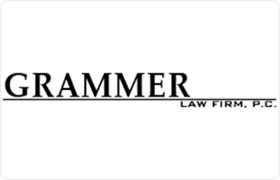Pawleys Island Misdemeanor Lawyer, South Carolina
Sponsored Law Firm
-
 x
x

Click For More Info:
-
Grammer Law Firm, P.C.
1700 Oak St Conway, SC 29526» view mapCriminal Proudly Serving Horry County
You need an attorney with criminal defense knowledge who will vigorously protect your rights and interests.
800-957-8401
Not enough matches for Pawleys Island Misdemeanor lawyer.
Below are all Pawleys Island Criminal lawyers.
David E. Rigney
✓ VERIFIEDDivorce & Family Law, Criminal, Traffic, Business, Immigration
If you have been injured or are disabled, give me a call. If you need legal advice before you sign a contract, enter into a lease, or sign a business... (more)
FREE CONSULTATION
CONTACTJohn M. Hilliard
Family Law, Criminal, DUI-DWI, Child Support, Motor Vehicle
Status: In Good Standing
James Rone Felts
Personal Injury, Criminal, DUI-DWI, Car Accident, Workers' Compensation
Status: In Good Standing
 William Grammer Myrtle Beach, SC
William Grammer Myrtle Beach, SC AboutGrammer Law Firm, P.C.
AboutGrammer Law Firm, P.C. Practice AreasExpertise
Practice AreasExpertise

